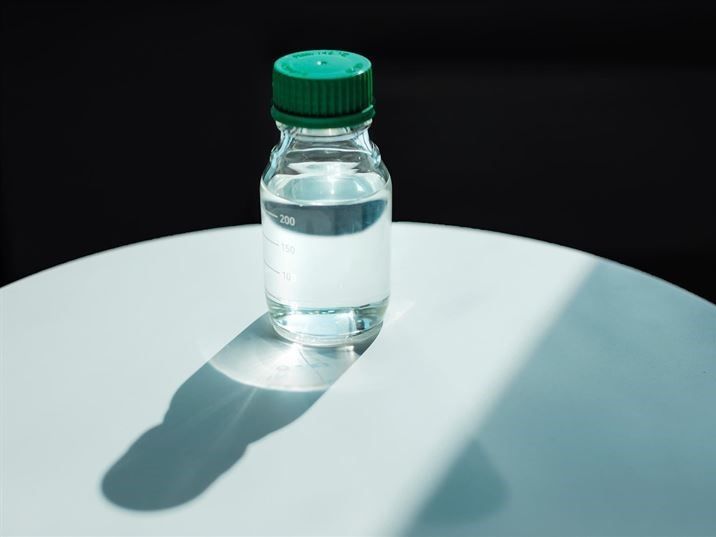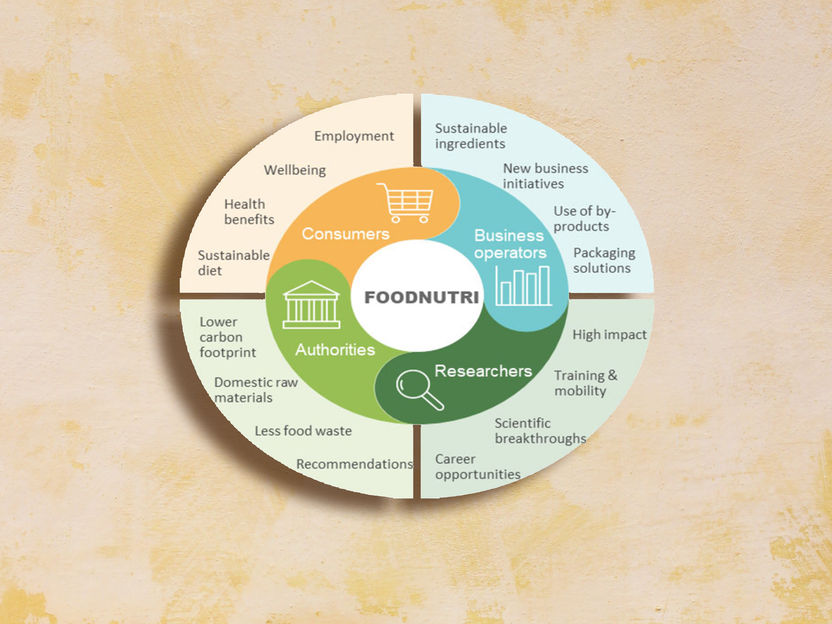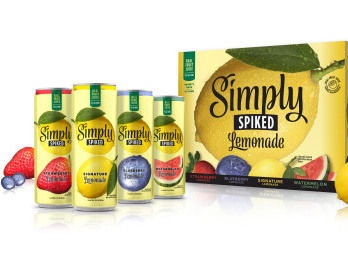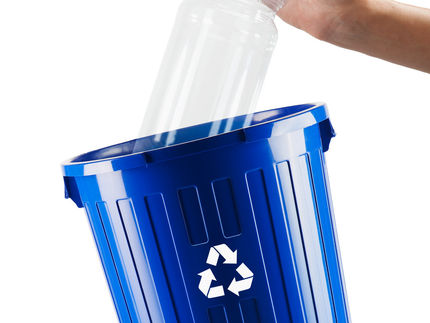Neste to enable PET bottles produced with bio-based materials with Suntory, ENEOS and Mitsubishi Corporation
Introduction of bio-based materials will reduce fossil resource dependence in the PET value chain
Neste has entered a cooperation with Suntory, ENEOS and Mitsubishi Corporation to enable the production of PET (Polyethylene Terephthalate) resin made with renewable Neste RE™ on a commercial scale. Neste RE is Neste’s feedstock for polymers production, made 100% from bio-based raw materials such as waste and residues, e.g. used cooking oil, to replace fossil feedstock in the value chain. Japanese beverage company Suntory will utilize the renewable PET resin to produce bottles for its products in 2024.
A new partner for Neste in Japan, ENEOS will use bio-intermediates based on Neste RE to produce bio-PX (Bio-Paraxylene) at its Mizushima Refinery in Okayama, Japan. The bio-PX will then be converted to PTA (Purified Terephthalic Acid) and subsequently to PET resin for Suntory to use to manufacture their PET bottles. Mitsubishi Corporation will be coordinating the collaboration between the value chain partners.
“In order to tackle the imminent climate crisis and its consequences, companies are required to take responsibility now. Through partnering along the value chain, Neste can contribute to reducing the polymers and chemicals industry’s dependence on fossil resources as well as to manufacturing of products that have a lower carbon footprint,” says Lilyana Budyanto, Head of Sustainable Partnerships APAC at Neste Renewable Polymers and Chemicals business unit.
A mass balancing approach will be applied to allocate the bio-based materials to the PET bottles.

Renewable Neste RE consists of pure hydrocarbons made from bio-based raw materials and can be used as a drop-in solution to replace fossil feedstock in the making of polymers and chemicals.
Neste
Most read news
Topics
Organizations
Other news from the department business & finance

Get the food & beverage industry in your inbox
By submitting this form you agree that LUMITOS AG will send you the newsletter(s) selected above by email. Your data will not be passed on to third parties. Your data will be stored and processed in accordance with our data protection regulations. LUMITOS may contact you by email for the purpose of advertising or market and opinion surveys. You can revoke your consent at any time without giving reasons to LUMITOS AG, Ernst-Augustin-Str. 2, 12489 Berlin, Germany or by e-mail at revoke@lumitos.com with effect for the future. In addition, each email contains a link to unsubscribe from the corresponding newsletter.
Most read news
More news from our other portals
Last viewed contents

University of Helsinki to lead FOODNUTRI, a national research infrastructure for climate-smart food research




























































